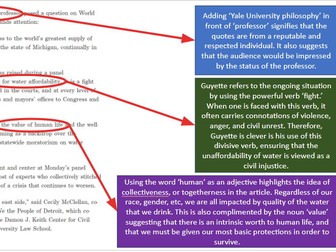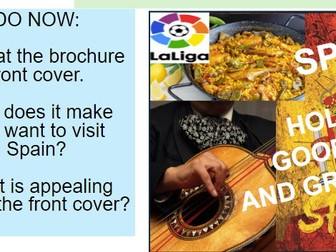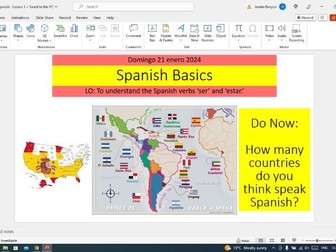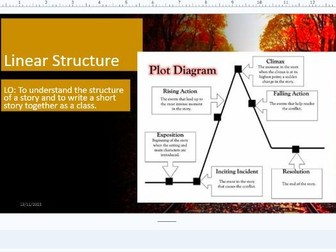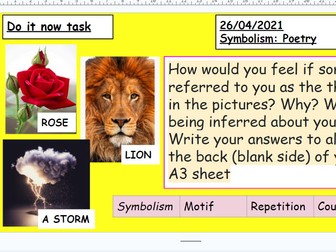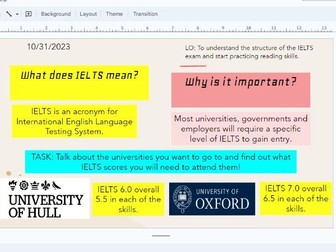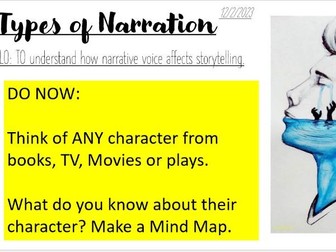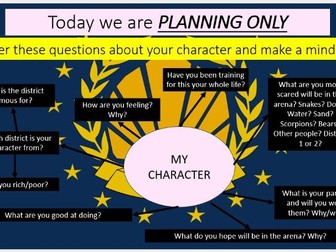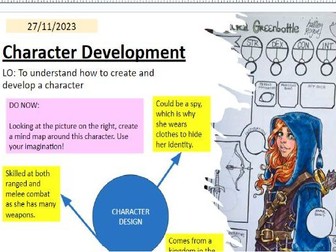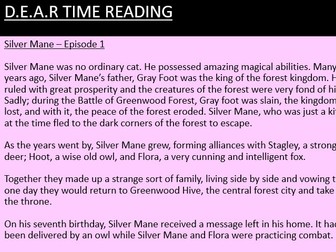Language in Journalism: English Language
<p>A series of lessons designed to highlight the use of language in journalism. This is a particularly useful resource for helping students to understand how writers use specific language for their audiences. It also benefits the students in writing their own texts as they come to understand the purpose, audience and form.</p>
<p>The series of lessons are based around investigative journalism and give students the opportunity to discuss their own ideas and do research based on their ideas.</p>
